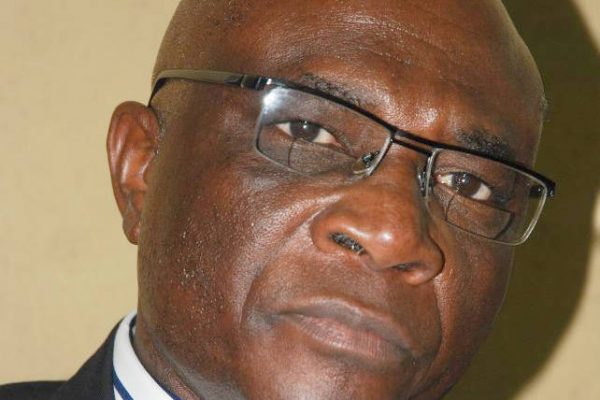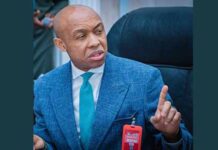The Presidency has said that President Bola Ahmed Tinubu administration inherited a dead economy from previous administrations.
The Special Adviser to President Tinubu on Information and Strategy, Bayo Onanuga, who made the disclosure in an article said it would illogical and callous to blame Tinubu for Nigeria’s present economic situation as New York Times did.
Onanuga’s article: https://t.co/LmtABFxRnK, was a response to a report on Nigeria’s present economic situation by New York Times.
The veteran journalist said unlike the picture painted by New York Times, President Bola Tinubu inherited a battered economy from previous administrations.
He said this was the reason President Tinubu had to take tough decisions that included the removal of fuel subsidy and defending the Naira against the Dollar and other currencies.
He added: “To be sure, President Tinubu did not create the economic problems Nigeria faces today.
“He inherited them.
“As a respected economist in our country once put it, Tinubu inherited a dead economy.
“The economy was bleeding and needed quick surgery to avoid being plunged into the abyss, as happened in Zimbabwe and Venezuela.
“This was the background to the policy direction taken by the government in May/June 2023: the abrogation of the fuel subsidy regime and the unification of the multiple exchange rates.
“For decades, Nigeria had maintained a fuel subsidy regime that gulped $84.39 billion between 2005 and 2022 from the public treasury in a country with huge infrastructural deficits and in high need of better social services for its citizens.
“The state oil firm, NNPC, the sole importer, had amassed trillions of naira in debts for absorbing the unsustainable subsidy payments in its books.
“By the time President Tinubu took over the leadership of the country, there was no provision made for fuel subsidy payments in the national budget beyond June 2023.
“The budget itself had a striking feature: it planned to spend 97 percent of revenue servicing debt, with little left for recurrent or capital expenditure.
“The previous government had resorted to massive borrowing to cover such costs.
“Like oil, the exchange rate was also being subsidized by the government, with an estimated $1.5 billion spent monthly by the CBN to ‘defend’ the currency against the unquenchable demand for the dollar by the country’s import-dependent economy.
“By keeping the rate low, arbitrage grew as a gulf existed between the official rate and the rate being used by over 5000 BDCs that were previously licensed by the Central Bank.
“What was more, the country was failing to fulfil its remittance obligations to airlines and other foreign businesses, such that FDIs and investment in the oil sector dried up, and notably Emirate Airlines cut off the Nigerian route.
“President Tinubu had to deal with the cancer of public finance on the first day by rolling back the subsidy regime and the generosity that spread to neighbouring countries.
“Then, his administration floated the naira.
“After some months of the storm, with the naira sliding as low as N1,900 to the US dollar, some stability is being restored, though there remain some challenges.
“The exchange rate is now below N1500 to the dollar, and there are prospects that the naira could regain its muscle and appreciate to between N1000 and N1200 before the end of the year.
“The economy recorded a trade surplus of N6.52 trillion in Q1, as against a deficit of N1.4 trillion in Q4 of 2023. Portfolio investors have streamed in as long-term investors. When Diageo wanted to sell its stake in Guinness Nigeria, it had the Singaporean conglomerate, Tolaram, ready for the uptake.
“With the World Bank extending a $2.25 billion loan and other loans by the AfDB and Afreximbank coming in, Nigeria has become bankable again.
“This is all because the reforms being implemented have restored some confidence.”
See the full article at: https://t.co/LmtABFxRnK










